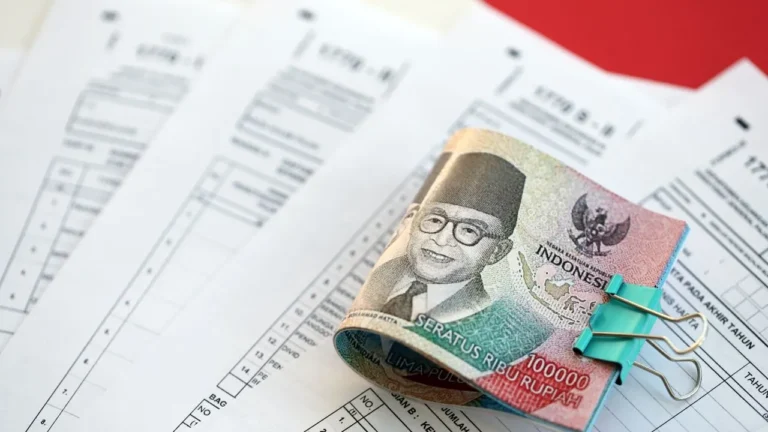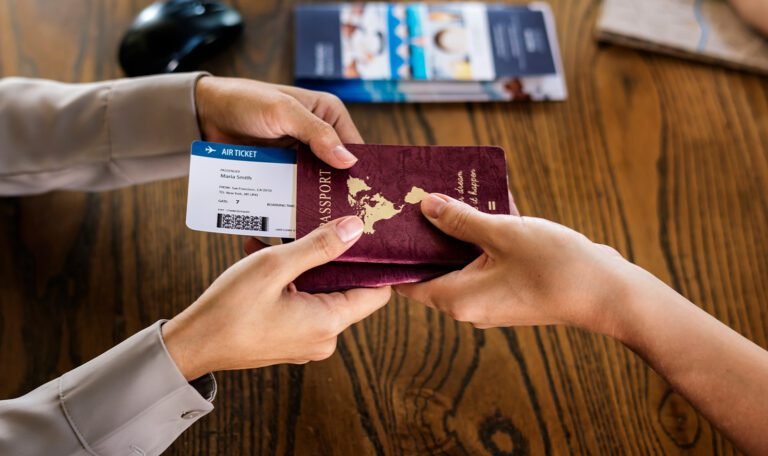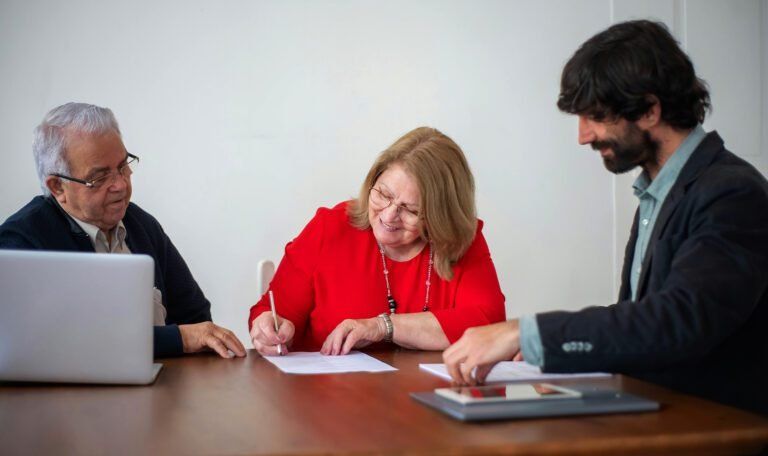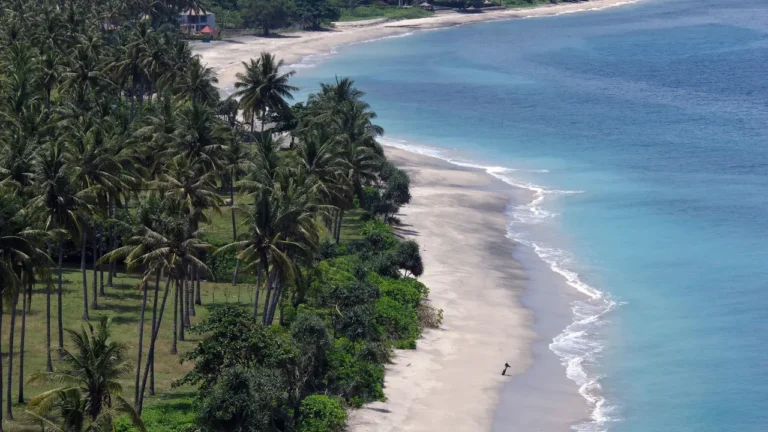Table of Contents
ToggleFor Australians seeking a visa for Bali, it’s essential to know that Australians consistently rank as the top visitors to Bali, significantly outnumbering arrivals from India and China. For many Australians, a trip to Bali is a quintessential experience, conveniently located just 3 hours from Perth and a few hours from Sydney or Melbourne.
However, navigating Indonesia’s visa landscape can be complex. Based on our experience assisting countless travelers, Australians can enter Bali and the rest of Indonesia by applying for different types of visas as this is a necessary document to live in Bali, each dependent on key factors:
- Purpose of Visit: Visas vary widely, covering tourism, business, investment, medical needs, or retirement.
- Frequency: Options include both single-entry and multiple-entry visas.
- Duration: Whether visas fall into temporary stays, limited stay permits (KITAS), or permanent stay permits (KITAP).
This comprehensive guide, informed by our extensive experience, details each visa type, its advantages and inconveniences, and key requirements like passport validity and KITAS for a seamless entry into Bali and the rest of Indonesia.
At ILA Global Consulting, we deeply understand Indonesian immigration laws to simplify this process for Australians.
Our proven track record guides countless Australian clients through their visa applications, ensuring compliance and a smooth transition to life or business in Indonesia. Trust our expertise to help you secure the correct Bali visa for your needs.
What Are Bali Visa Options for Australians?
Here are the Bali visa options for those of you holding an Australian passport: Visa on Arrival, tourist visa, business visa, and working and retirement visa.
1. Visa On Arrival For Australian in Bali (B1)
 Australians can apply for a Bali visa on Arrival directly when they land in Bali. The visa is valid for 30 days and can be purchased at the immigration counter.
Australians can apply for a Bali visa on Arrival directly when they land in Bali. The visa is valid for 30 days and can be purchased at the immigration counter.
The visitor needs a passport with a validity of at least 6 months and a return flight ticket to the country. You can extend the visa for 30 days before the expiration of the initial period.
It is important to note this visa cannot be extended after the 60 days and the visitor cannot apply for another visa. The person has to leave the country with a new visa.
- Advantages: Cost
- Inconvenient: Cannot be extended; must leave the country to apply for another visa
| Term | Definition |
|---|---|
| Visa on Arrival (B1) | A visa Australians can purchase upon arrival in Bali, valid for 30 days and extendable once for another 30 days. Requires passport validity of 6+ months and return flight. |
2. Tourist Visa For Australian In Bali (C1 / C2)

a. Single Entry Tourist Visa (C1)
The 60-day C1 tourist visa is perfect for Australians who want to prepare for their visit and obtain their visa before landing in Bali.
It authorizes the applicant to visit Indonesia for tourism purposes. The visa can be converted to another visa without having to leave the country (bridging visa).
- Advantages: Can be extended up to 180 days, cost
- Inconvenient: Limited to tourism, single entry (visa is canceled when the tourist goes out of the country)
b. Multiple Entry Tourist Visa (C2)
The visa is valid for a period of 1, 2 or 5 years for a limit of 60 days per stay. However the applicant can always extend 2 times the 60 days for a maximum period of 180 days per year.
- Advantages: Can be extended up to 180 days per year and up to 5 years visa
- Inconvenient: Limited to tourism, cost
| Term | Definition |
|---|---|
| Bridging Visa | A transitional visa that allows changing from one visa type to another without exiting Indonesia. |
| Single Entry Tourist Visa (C1) | A 60-day visa obtained prior to travel for tourism purposes. It allows conversion into other visa types without leaving Indonesia. Cancelled upon exit. |
| Multiple Entry Tourist Visa (C2) | Valid for 1–5 years with a maximum stay of 60 days per visit, extendable to 180 days/year. Ideal for frequent tourism visits. |
3. Business Visa For Australian In Bali (D1 / D2)
a. Single Entry Business Visa (D1)
For Australians looking to prepare their visit and obtain their visa before landing in Bali, the D1 business visa is the perfect visa. This visa is valid for 60 days.
It authorizes the applicant to visit Indonesia for business purposes. The visa can be converted to another visa without having to leave the country (bridging visa).
- Advantages: Can be extended up to 180 days
- Inconvenient: Limited to business purpose, single entry (visa is cancelled when the tourist go out of the country)
b. Multiple Entry Business Visa (D2)
The visa is valid for a period of 1, 2 or 5 years for a limit of 60 days per stay. However the applicant can always extend 2 times the 60 days for a maximum period of 180 days per year.
This multiple entry visa is perfect for people looking to come often to Indonesia for business purposes, holding a meeting, purchasing goods etc.
- Advantages: Can be extended up to 180 days per year and up to 5 years visa, multiple entry
- Inconvenient: Limited to tourism, cost
| Term | Definition |
|---|---|
| Single Entry Business Visa (D1) | A 60-day visa for business purposes, allowing conversion to another visa without exiting Indonesia. Cancelled upon leaving the country. |
| Multiple Entry Business Visa (D2) | Valid for 1–5 years with up to 180 days stay/year. Suitable for frequent business travel including meetings or sourcing goods. |
4. Pre-investment Visa (D12)

This visa is valid for 1 to 5 years with a maximum stay of 180 days per year. The purpose is to prepare investments in Indonesia and conduct meetings.
- Advantages: Can be extended, multiple entry, 6 months visa at once
- Inconvenient: Limited to tourism, cost
| Term | Definition |
|---|---|
| Pre-Investment Visa (D12) | Grants 180-day annual stays over 1–5 years for those preparing to invest in Indonesia. Multiple entry allowed. |
5. Investor KITAS (E28)
The investor KITAS is granted to Australians setting up a company in Indonesia. It is valid for 2 years and can be renewed every 2 years.
- Advantages: Valid for 2 years, multiple entry, cost-efficient, Obtain a KITAS (residency)
- Inconvenient: Need to set up a PT PMA
| Term | Definition |
|---|---|
| Investor KITAS (E28) | A 2-year renewable residence permit for Australians establishing a company (PT PMA) in Indonesia. Offers multiple entry and tax benefits. |
| KITAS | Temporary stay permit allowing mid-term residence in Indonesia. Required for investors, workers, retirees, and long-term residents. |
| KITAP | Permanent stay permit granted after several years of holding a KITAS. Allows long-term residency and fewer visa renewals. |
| PT PMA | A foreign-owned limited liability company in Indonesia. Required for foreign investors seeking KITAS or to legally do business. |
6. Digital Nomad And Remote Worker Visa (E33G)
The remote worker visa is valid for 1 year and granted for 1 year and provides residency to people in Indonesia. The applicant can obtain a tax number and leave in Indonesia and become a tax resident in Indonesia.
You can renew the visa every year. Applicants need a passport with a validity of 6 months, a working contract and a bank statement under their name.
| Term | Definition |
|---|---|
| Digital Nomad / Remote Worker Visa (E33G) | Valid for 1 year and renewable, this visa grants residency to remote workers with an overseas job. Includes tax registration eligibility in Indonesia. |
7. Retirement Visa For Australians In Bali
For retired people, the retirement visa is the best option for Australian citizens looking to spend their retirement in Bali. The visa is affordable and easy to get as long as the applicant can justify a monthly pension. The visa can be valid for 1 or 5 years.
| Term | Definition |
|---|---|
| Retirement Visa | Designed for retirees aged 55+, valid for 1 or 5 years. Requires proof of stable pension and intent to live in Bali long-term. |
What Is The Best Visa For An Australian Visiting Bali?
The best visa to live or invest in Bali is always depending on the situation of each person. There is not a better visa than the one suitable for the applicant. As an Australian it depends on the purpose of the stay.
- Investment: Pre-investment visa and investor KITAS
- Relocation: Second home visa
- Business trip: Business visa
- Tourism: Single entry and multiple entry visa
- Retirement: Retirement visa
In summary, understanding the various Bali visa options is crucial for Australians, whether you’re planning a short holiday, a business trip, long-term residency, or retirement.
Navigating the complexities of Indonesian immigration can be daunting, but with the right guidance, securing your Bali visa for Australians becomes straightforward. Don’t let visa uncertainties delay your plans to visit, work, or live in this beautiful country.
Contact ILA Global Consulting today for personalized advice and expert assistance in choosing and obtaining the ideal visa for your Indonesian visit.























